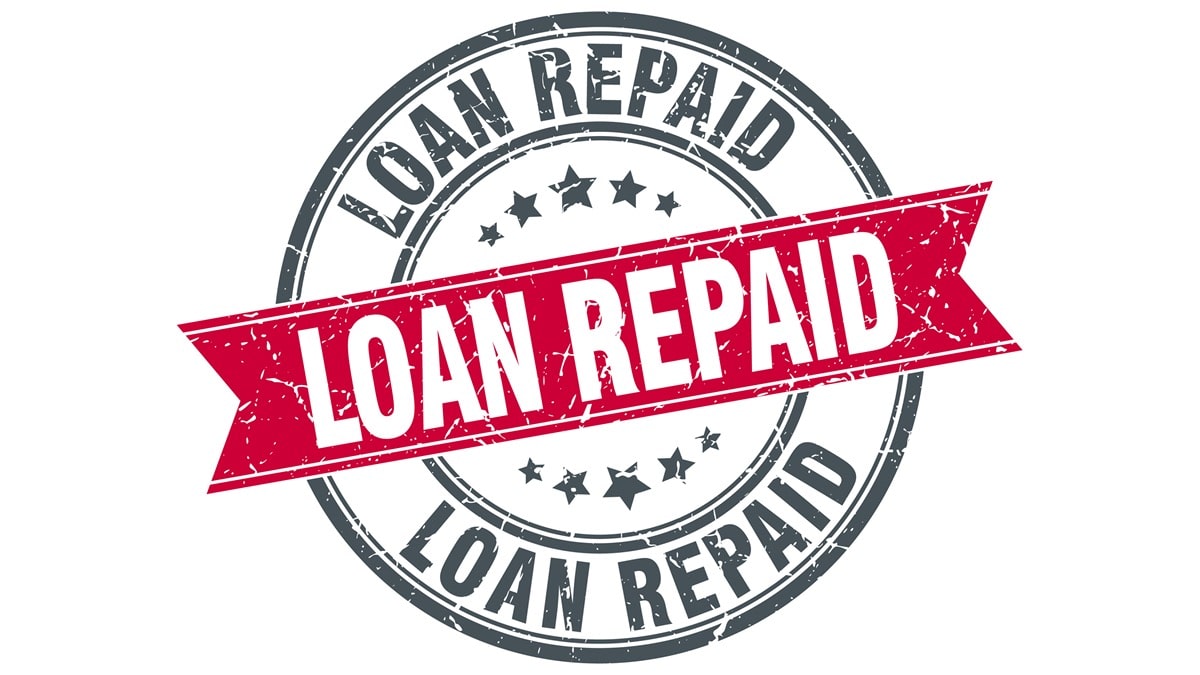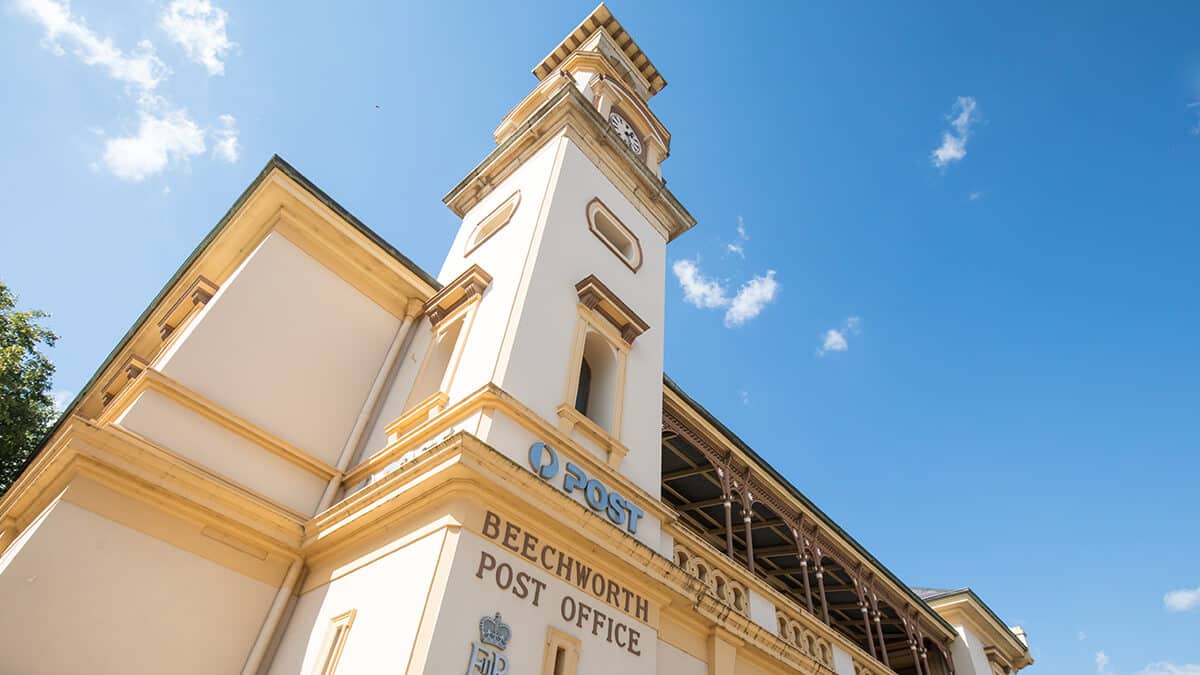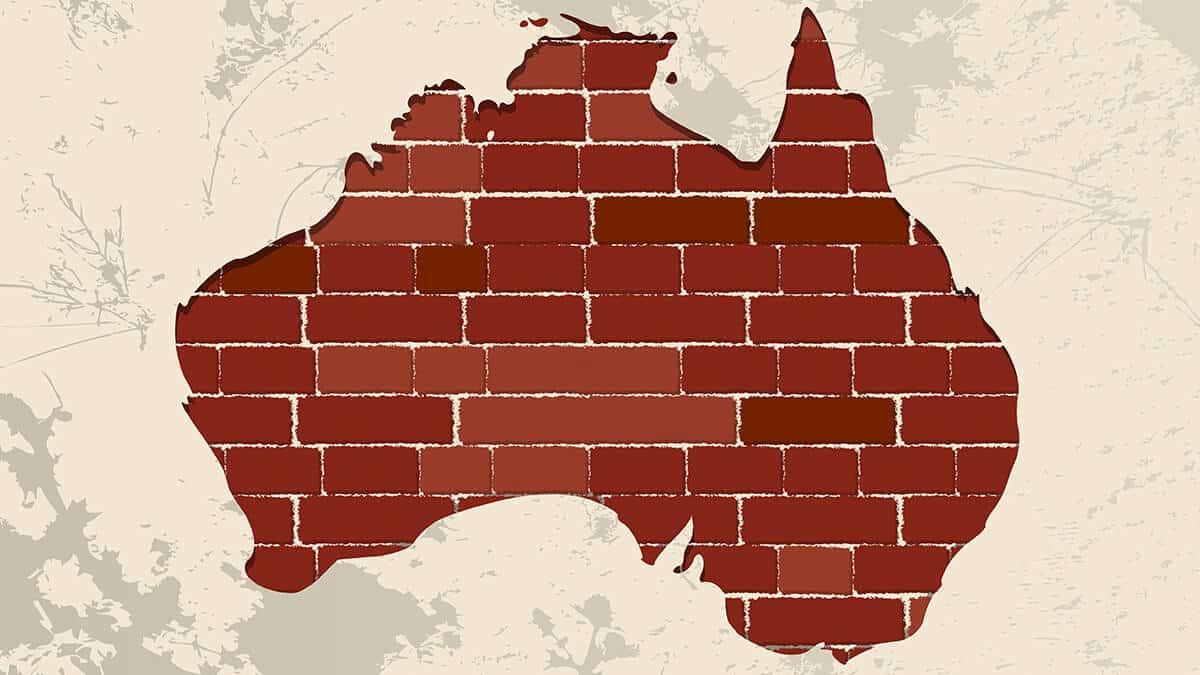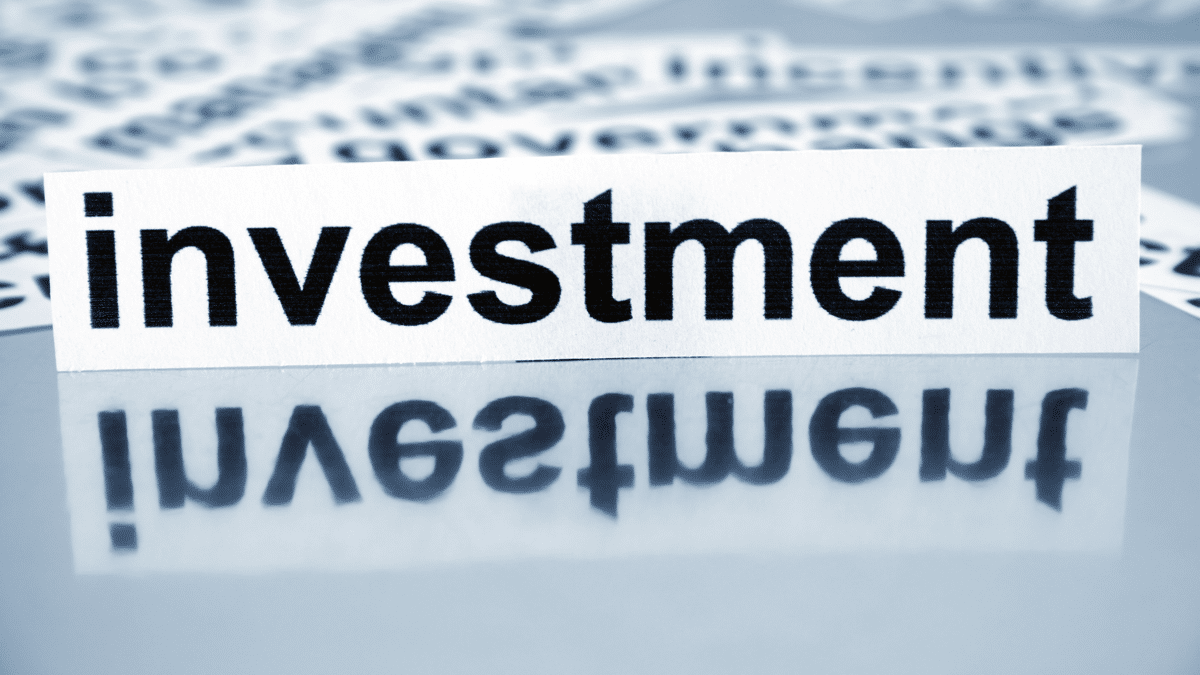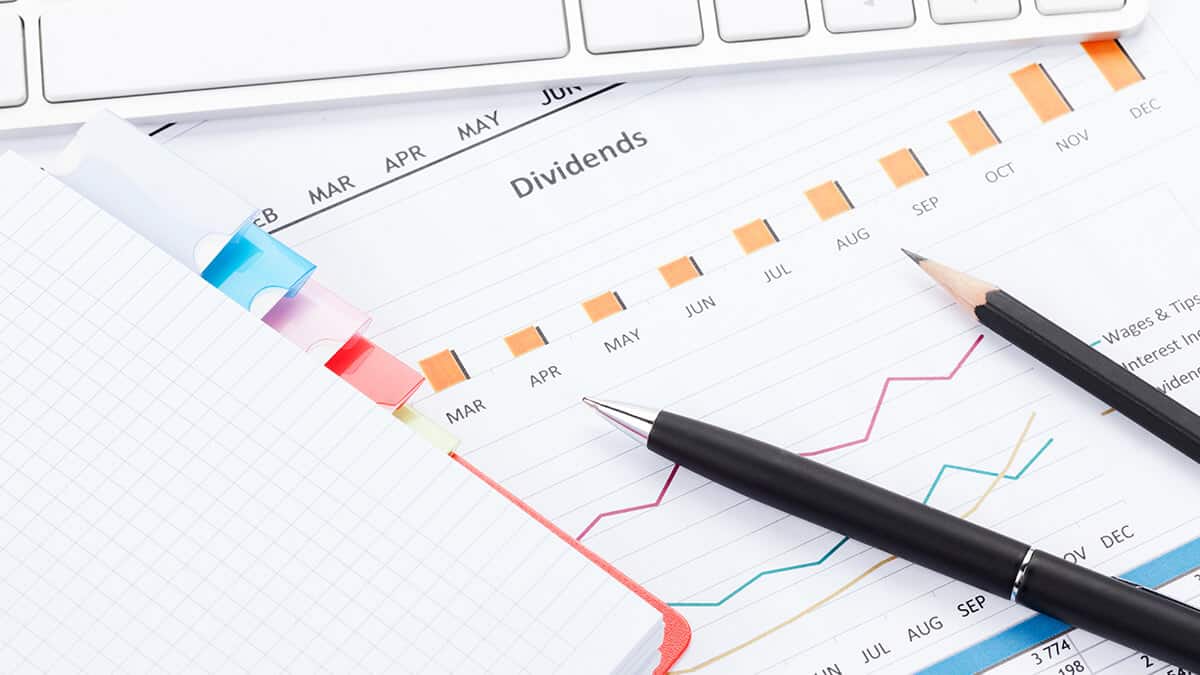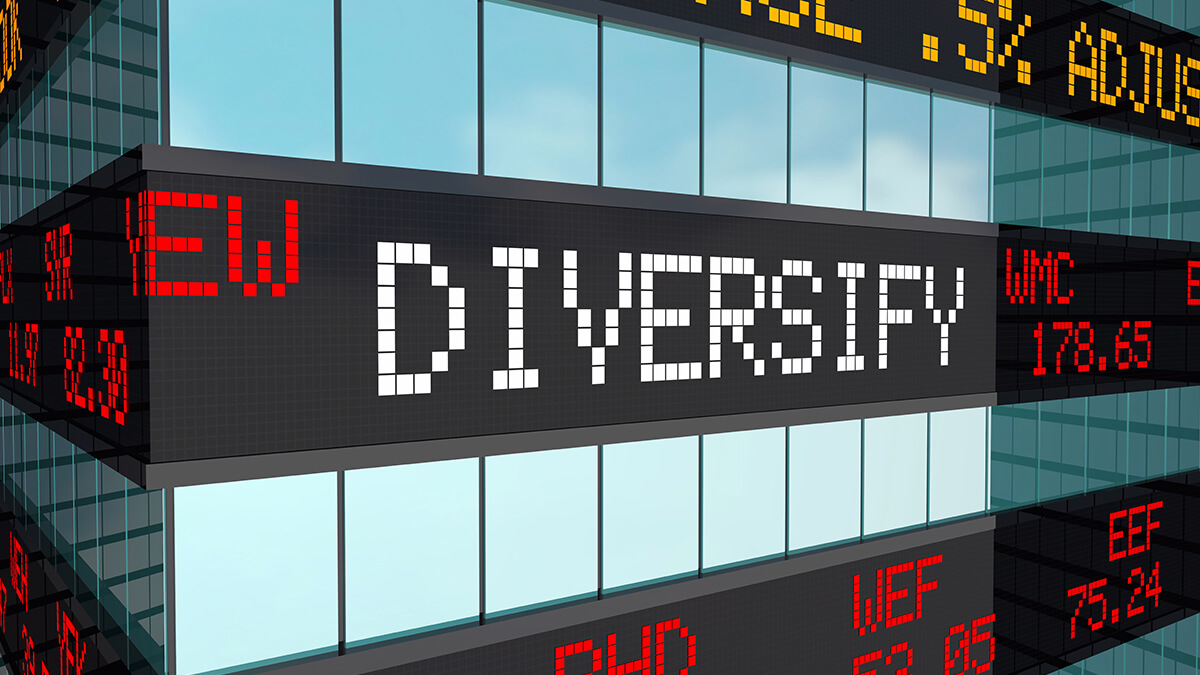The year 2020 has been a turning point for sustainable investing on so many levels. COVID has brought to the forefront of investors’ minds considerations such as how companies treat their staff, as well as numerous other environmental, social and governance (ESG) issues. But it’s not only COVID that has given sustainable investing more prominence.
Rio Tinto’s destruction of Juukan Gorge caves in Western Australia’s Pilbara region in May clearly showed how the community, including the investment community, perceives these sorts of actions as utterly unacceptable.
Moreover, last summer’s bushfires and more recently California’s wildfires put more than a pall over the atmosphere. If it wasn’t already, they established climate change squarely as a mainstream issue.
These issues and more made the session on sustainable investing at research house Morningstar’s recent virtual investment conference truly riveting viewing, with many insights for self-managed super fund (SMSF) investors.
There are now more than 3,000 signatories, representing institutional investors across every asset class, with US$100 trillion in funds under management, to the UN’s Principles for Responsible Investment. These investors understand incorporating ESG as part of the investment process better enables them to identify companies that can generate sustainable returns. Their decisions about where to apply the huge amount of capital at their disposal in turn affects the performance of the SMSFs that invest in these funds.

